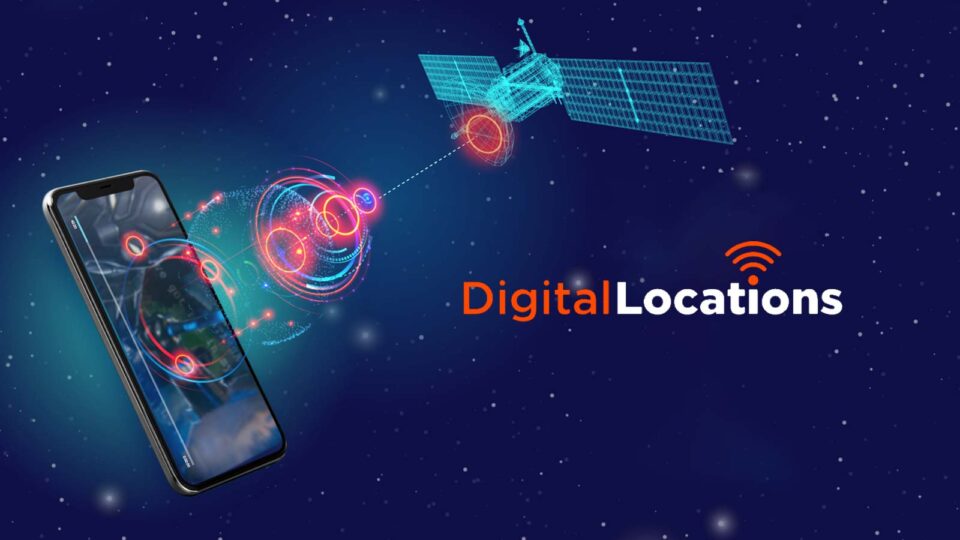Digital Locations, the developer of a disruptive technology that will deliver high-speed Internet from satellites directly to smartphones all over the world announced that in a recent podcast, its CEO, Rich Berliner, spoke with Dr. Gregory Falco, Assistant Prof at Cornell University. During the conversation, Dr. Falco commented about the challenges of communication ambiguity and data ownership.
CIO INFLUENCE: CIO Influence Interview with Antoine Jebara, Co-Founder and GM, MSP Products at JumpCloud
“The area that we are really excited about now is multi agent architectures and LEO constellations,” said Dr. Falco. “We are interested in RPO missions (Rendezvous and Proximity Operations), where you have two assets that are coming close in proximity to each other and by doing so they need to communicate and interact and sometimes physically talk which requires security to be built into these systems.”
Talking about the potential of satellite to mobile communication, Dr. Falco stated, “When you have the capability to do sat to cell communication, you need to choose which satellite is talking to which, especially if you have a proliferated constellation in a Leo environment.”
Dr. Falco added, “Another area that’s very interesting is on the end-user standpoint on the cell side because that becomes the user segment of the space system.”
Dr. Gregory Falco, an Assistant Professor at the Sibley School of Mechanical and Aerospace Engineering and the Systems Engineering Program at Cornell University, is widely recognized for his ground breaking contributions in the field of mission-resilient autonomy for Aerospace Systems. He received his PhD from MIT, where NASA’s Jet Propulsion Laboratory funded his doctoral research in Cybersecurity at MIT’s Computer Science and Artificial Intelligence Laboratory (CSAIL). Prior to joining Cornell University, he was an Assistant Professor at Johns Hopkins University’s Institute for Assured Autonomy and completed postdoctoral research at Stanford University’s Freeman Spogli Institute and MIT CSAIL.
CIO INFLUENCE: CIO Influence Interview with Bill Lobig, VP of Product Management at IBM Automation
He is the director of the Aerospace ADVERSARY Laboratory, which designs and develops next-generation autonomous, secure and resilient space infrastructure. As a hacker, he exploits physics and modern computing systems to achieve missions previously thought to be infeasible. His space technology research is policy-relevant and advances standards and national security conversations relating to space supremacy and cybersecurity. DARPA, the US Space Force, AFRL, NIST and NASA have funded his lab.
He was listed in Forbes 30 Under 30 for Enterprise Technology, named a DARPA RISER, and received the DARPA Young Faculty Award for his disruptive security and space technology research. His research and patents have been spun out into startups that have achieved international impact and recognition, resulting in acquisition. He consults for a range of big technology companies, space systems and defense contractors including Johns Hopkins University’s Applied Physics Laboratory. Prior to completing his PhD, he was an executive at Accenture.
CIO INFLUENCE: CIO Influence Interview with Herb Kelsey, Federal CTO at Dell Technologies
[To share your insights with us, please write to sghosh@martechseries.com]


